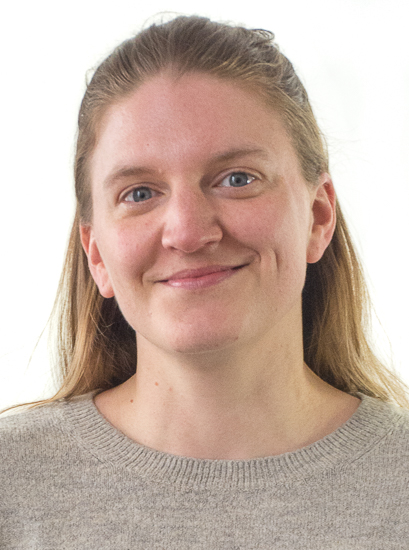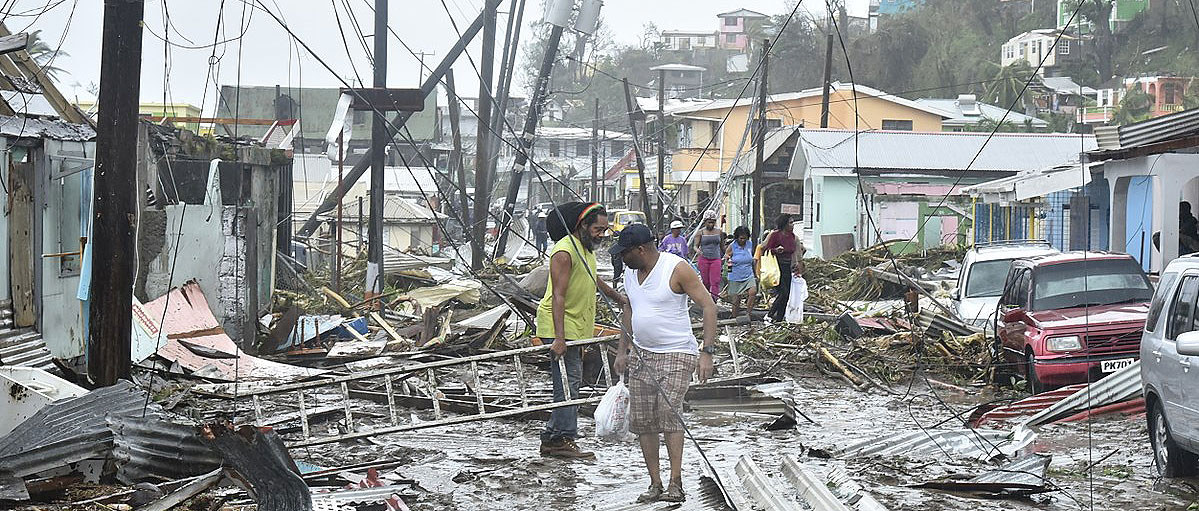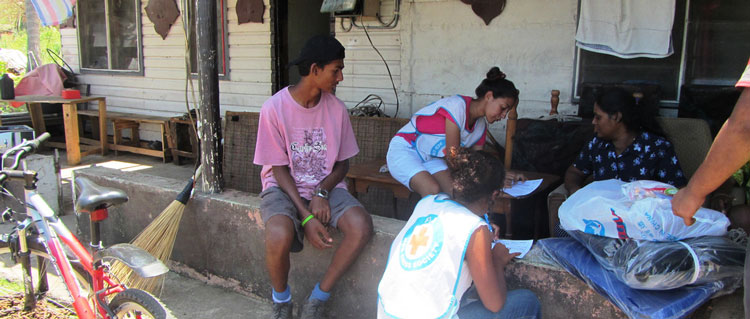Bildtext får vara max två rader text. Hela texten ska högerjusteras om den bara ska innehålla fotobyline! Photo: B. Christensen/Azote
CLIMATE CHANGE KNOWLEDGE
Trusting what you know
New study tests individuals’ confidence in their knowledge about climate change
- Researchers test citizens’ knowledge about climate change and measure their confidence in these facts
- Confirming information about climate change is clouded by a mixture of facts and fiction, impacting individuals’ confidence of their own knowledge and decisions
- Individuals performed accurately when confirming true statements about climate change and their confidence of these claims. However, it was a challenge for participants to confirm with confidence that false statements were indeed false
In an age of limitless information, it can be a challenge to separate fact from fiction. That goes for climate change as well. This makes matters more complicated when considering decisions that can impact the environment. In terms of how confident individuals are in their own knowledge about the climate, general uncertainty exists.
Centre researcher Helen Fischer, along with colleagues Dorothee Amelung and Nadia Said from Heidelberg University, tested this idea on German citizens.
Published in Nature Climate Change, the study investigates individuals’ accuracy of confidence in their knowledge about climate change.
Accuracy of confidence is of particular importance in the area of climate change, where scientifically correct information exists alongside substantial misinformation in the public discourse.
Helen Fischer, lead author
Filtering fact from fiction
In the study, the authors emphasise how accurate confidence is essential for making precise and educated decisions. However, while confidence often accompanies deeper knowledge of a subject, striking a balance is key. For instance, researchers highlight the example of when physicians are too confident on a particular diagnosis; they can fail to recognise a cause outside of this limited perspective. In this way, the confidence behind knowledge can influence the ability to make informed decisions.
Considering the existence of an array of false information mixed in with legitimate facts, the researchers wanted to test “to what degree of accuracy of confidence citizens reject or accept statements about climate change.”
How much do people know about climate change, and more specifically, how certain are they about this knowledge?
Distrusted knowledge
A main finding was that individuals performed accurately when confirming true statements about climate change and their confidence of these claims. It was more difficult for the participants to confirm with confidence that false statements were indeed false. Some participants were also caught in the situation where they thought their support or rejection of statement was correct, but could not be completely certain. Their knowledge was correct, but their confidence of it was not absolute.
Ultimately, this study demonstrates how confidence in knowledge about climate change is not so clear. This is because confidence and knowledge correlate. The more you know about a topic, the more confident you are answering questions about it. “This means that if you ask someone how confident they are, this also reflects their knowledge,” Fishcher explains.
While individuals might be able to confirm true claims with accuracy, being unsure about false claims can also occur due to the ambiguity that surrounds climate change knowledge. Therefore, trusting knowledge is essential, as the authors note: “Distrusted knowledge may have detrimental consequences, because only if one has sufficient confidence in knowledge to actually use it does one truly possess that knowledge. . .”
An important limitation stressed by the authors is that the results may not hold for more action-related knowledge statements about climate change such as "A car's average CO2 emission per person and kilometre exceeds that of a train many times over." For these, further research is needed, Fischer concludes.
Methodology
509 German participants were presented 8 climate change statements to validate (of which four were factual and the other four were false). Statements began with “science says that. . .” along with a fact to be confirmed as true or false. Participants of the study would answer how confident they were in each response on a scale of six points, “from 50%, ‘Not at all certain, I was guessing’, to 100%, ‘Certain, I know the answer.’ Mokken scale analysis was used to test the reliability of statements, and the C-index was used to monitor calibration for tracking the connection between confidence and accuracy. For relative confidence accuracy, Mratio was used to factor out the effect of climate change knowledge. Determining overall accuracy of confidence in climate change knowledge involved two comparisons: another citizen group tested on general science knowledge, and a group of scientists knowledgeable about climate change.
Fischer, H., Amelung, D., Said, N. 2019. The accuracy of German citizens’ confidence in their climate change knowledge. Nature Climate Change. DOI: https://doi.org/10.1038/s41558-019-0563-0











